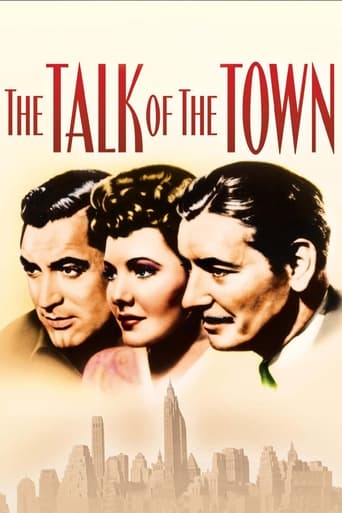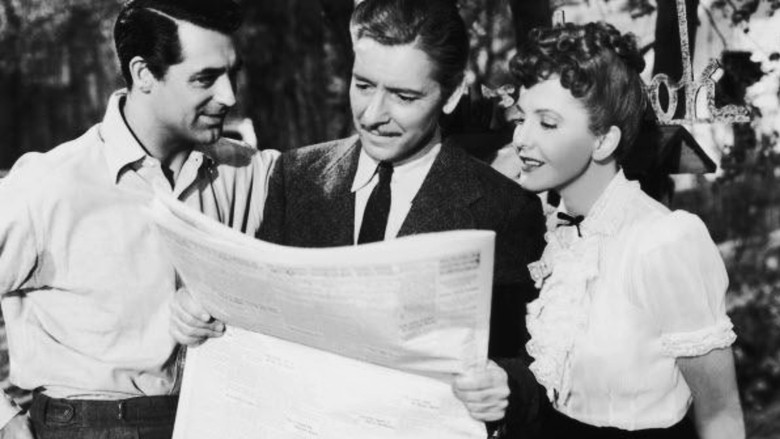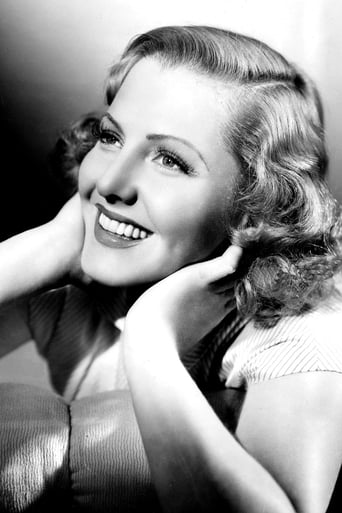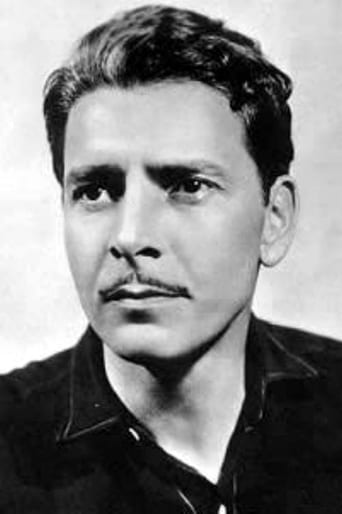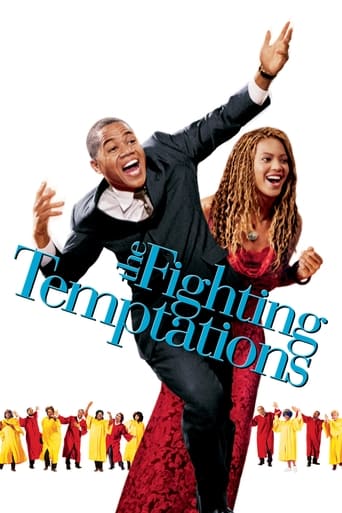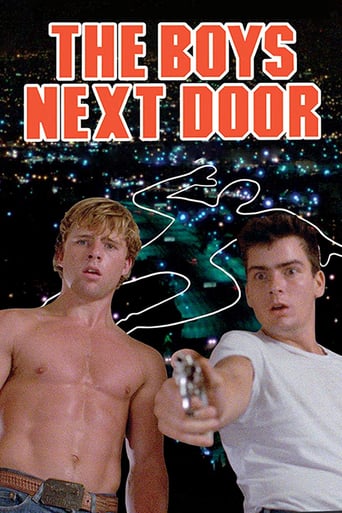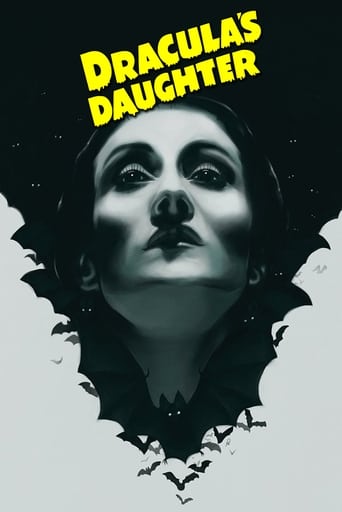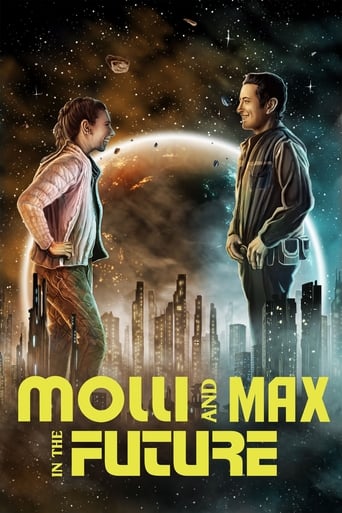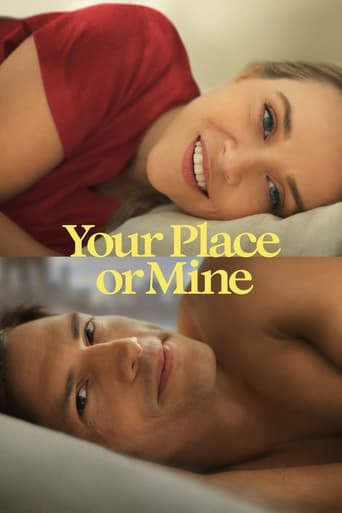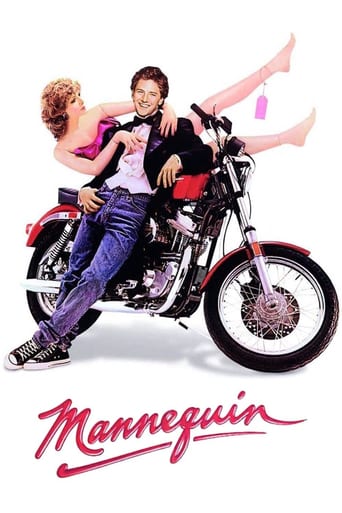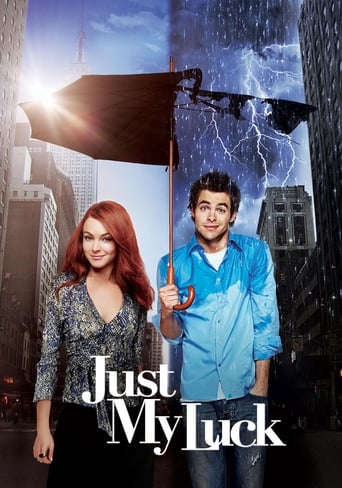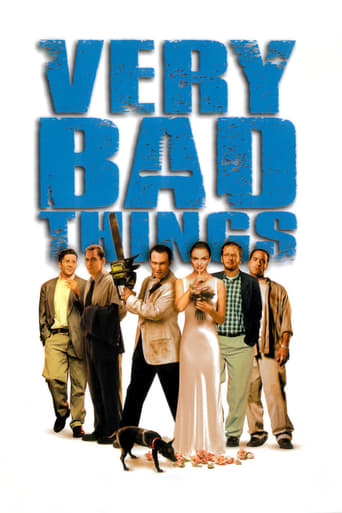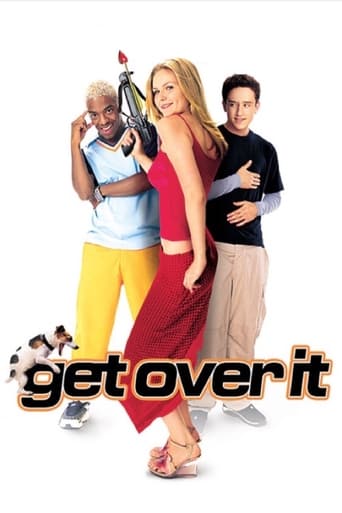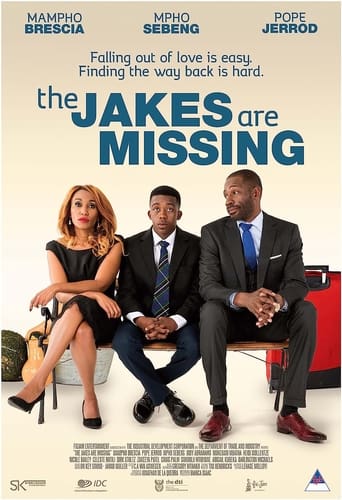The Talk of the Town (1942)
When the Holmes Woolen Mill burns down, political activist Leopold Dilg is jailed for arson and accidental murder. Escaping, Leopold hides out in the home of his childhood sweetheart Nora Shelley... which she has just rented to unsuspecting law professor Michael Lightcap.
Watch Trailer
Cast


Similar titles
Reviews
Copyright 22 July 1942 by Columbia Pictures Corp. New York opening at the Radio City Music Hall: 27 August 1942. U.S. release: 20 August 1942. Australian release: 4 November 1943. 12 reels. 10,735 feet. 119 minutes.SYNOPSIS: Law professor unknowingly shelters a fugitive in his holiday house.NOTES: Nominated for the following Academy Awards: Best Picture (lost to Mrs Miniver); Best Original Story (lost to The Invaders); Best Screenplay (lost to Mrs Miniver); Best Black-and-White Cinematography (lost to Joseph Ruttenberg for Mrs Miniver); Best Black-and-White Art Direction (won by This Above All); Best Film Editing (won by Daniel Mandell for The Pride of the Yankees); Best Scoring of a Dramatic or Comedy Picture (won by Max Steiner for Now, Voyager).COMMENT: Certainly an extraordinary, off-beat film. To my mind, it's also very successful in its odd combination of high-powered, lynch-town drama, romantic triangle and screwball comedy of deceit and disguise. There are one or two false moments (at least one of them deliberately contrived to entertainingly surprise the audience), but Stevens manages a delicate balancing act with both dexterity and style. He is aided by a first-rate cast. Voluble Jean Arthur and superficially charming Ronald Colman make perfect partners and the support players - with special mention to Rex Ingram's devoted "man" and Frank Sully's chatty cop - deliver some unforgettable cameos. It would be invidious not to also single out Glenda Farrell, Charles Dingle, Emma Dunn, Leonid Kinskey, Tom Tyler and especially George Watts.All this solid acting is backed by a tautly entertaining, suspensefully witty script. The cleverly unusual plot is adroitly underpinned by smart dialogue and sharp ripostes. True, a bit of philosophizing occasionally creeps in - but that's part of the film's overall balance.Pacing too is exactly right. Stevens knows the precise moment to cut away from a scene. Although there is a fair amount of talk, it rarely becomes wearisome or outstays its welcome.Photography and other credits are first-rate.OTHER VIEWS: Missing out on a slew of Academy Awards by sheer bad luck, The Talk of the Town is in every way one of the most entertaining treats of the year. Intelligent, witty dialogue is amusingly bandied between two cleverly contrasted characters, most ingratiatingly enacted by Cary Grant and Ronald Colman - with Jean Arthur judiciously cast as a reluctant referee. The story is cleverly plotted with lots of surprises twisted and sprung, and directed with real flair by a director who knows the paramount importance of editing and montage. Every gag works perfectly, while every gram of suspense is wrung from the pacey scenario by inspired intercutting.Although billed third, Colman's part is by no means the lesser. In fact, he probably has more scenes than Grant - and he makes the most of them. It is one of his most memorable roles.Lavishly produced, zestfully acted right down the line, beautifully photographed and set, The Talk of the Town is a tribute to Hollywood craftsmanship at its best.
"The Talk of the Town" has a unique plot and very interesting story. The comedy in this very clever movie isn't in the usual forms of witty dialog or antics. The situations play to some extent. But much of the film is sophisticated comedy. The type that is placed on a high plain of discussion. The cast is superb. The principals in that are Cary Grand as Leopold Dilg and Ronald Colman as Professor Michaela Lightcap, with an occasional inclusion of Edgar Buchanan as Sam Yates. Most of the rest of the comedy is situational and provided by Jean Arthur as Nora Shelley. She, naturally, would be the source of romance in a triangle. To know much of the plot of this film will reduce its enjoyment, so I'll skip any further details. But the discussion of justice and the court system at times is philosophic and insightful, and at other times, seemingly far-fetched. With that, the film has almost a preachy aspect about it – trumpeting freedom and the American way for patriotism. This is another film that has an interesting and humorous courtroom scene. Here's a sample of humorous lines in the film. Lghtcap, "Miss Shelly, judging from the past 12 hours, how quiet do you think it could be in this house, with you in it?"Not everyone will enjoy this movie. It's not one to sit down to watch lazily. It takes some thought. But the interesting dialog between Dilg and Lightcap is offset by the actions of Shelley. This is among Jean Arthur's best performances, in my book.
An essential comedy drama from producer-director George Stevens that features an outstanding cast: the powerhouse triumvirate of Cary Grant, Jean Arthur, and Ronald Colman in leading roles, and a solid supporting cast headlined by Edgar Buchanan.Nominated for Best Picture, it also received Oscar nominations for Sidney Harmon's original story, its Sidney Buchman-Irwin Shaw screenplay, its B&W Art Direction-Interior Decoration and Cinematography, Editing and Score. Dale Van Every is credited for writing the adaptation. Though an early work for Shaw, who wrote the play that became Out of the Fog (1941), Buchman brought significant (screwball, comedy) credentials to the project - Holiday (1938) with Grant, Mr. Smith Goes to Washington (1939) with Arthur, an Oscar win for Here Comes Mr. Jordan (1941); he'd also just worked with Grant on The Howards of Virginia (1940).Grant and Arthur had successfully collaborated with Howard Hawks on Only Angels Have Wings (1939). Arthur and Stevens would work again on a similarly subtle political comedy The More The Merrier (1943) and the actress's last picture, the quintessential Western Shane (1953). But this film represents the only time that the two suave Britishers would ever appear together on screen.Colman plays Judge Michael Lightcap, a law professor come Supreme Court nominee from Boston that's renting a house in Lochester for the summer (to write a book) from schoolteacher Miss Nora Shelley (Arthur), the prettiest girl in town per Leopold Dilg (Grant), a fugitive who's hiding out in Shelley's attic after being framed for arson. Because Lightcap is unaware of this harboring situation, and Dilg is unable to travel per an ankle sprained during his escape, Nora tells the judge that the fugitive is her gardener named Joseph. The two men become fast friends despite but because of their differing points of view on the law - stuffy Lightcap's is theoretical whereas practical Dilg's is more reality based - and mutual love of chess.Buchanan plays Sam Yates, a local lawyer that's also a former classmate of Lightcap's; he and Nora try to get Lightcap involved in Dilg's case even though the judge wants and needs to remain uninvolved per his pending nomination/confirmation to the Supreme Court bench. During the course of events, both Lightcap and Dilg become attracted to Miss Shelley.
An uneasy mixture of comedy and drama. Jean Arthur is mixed up in a love triangle with an escaped convict (Cary Grant, totally miscast) and a law professor about to be appointed to the Supreme Court (Ronald Colman, too British to be this character). Grant has been accused (and actually convicted) of burning down a factory and killing a man. He claims he's innocent, despite being a famous rabble-rouser. Arthur, who is working as a secretary for Coleman, hides Grant in her cabin and slowly tries to convince Colman to help with the injustice of the situation. It's a very awkwardly plotted film, and the attempts at comedy fall flat. I never really believed Grant as a rabble-rouser, and he just can't seem to handle the dramatic angle of the picture at all. Colman is pretty much the opposite. The film basically leaves him out of the comedy. Neither of the actors' romantic intentions come off as believable. Well, I guess they are believable in that anyone would want Jean Arthur, but it just doesn't fit in with the social issues angle. Pretty much nothing about it works besides Arthur. In my mind she can do no wrong. It isn't an especially bothersome picture to watch, really, even with all its problems, but it's far from good.

